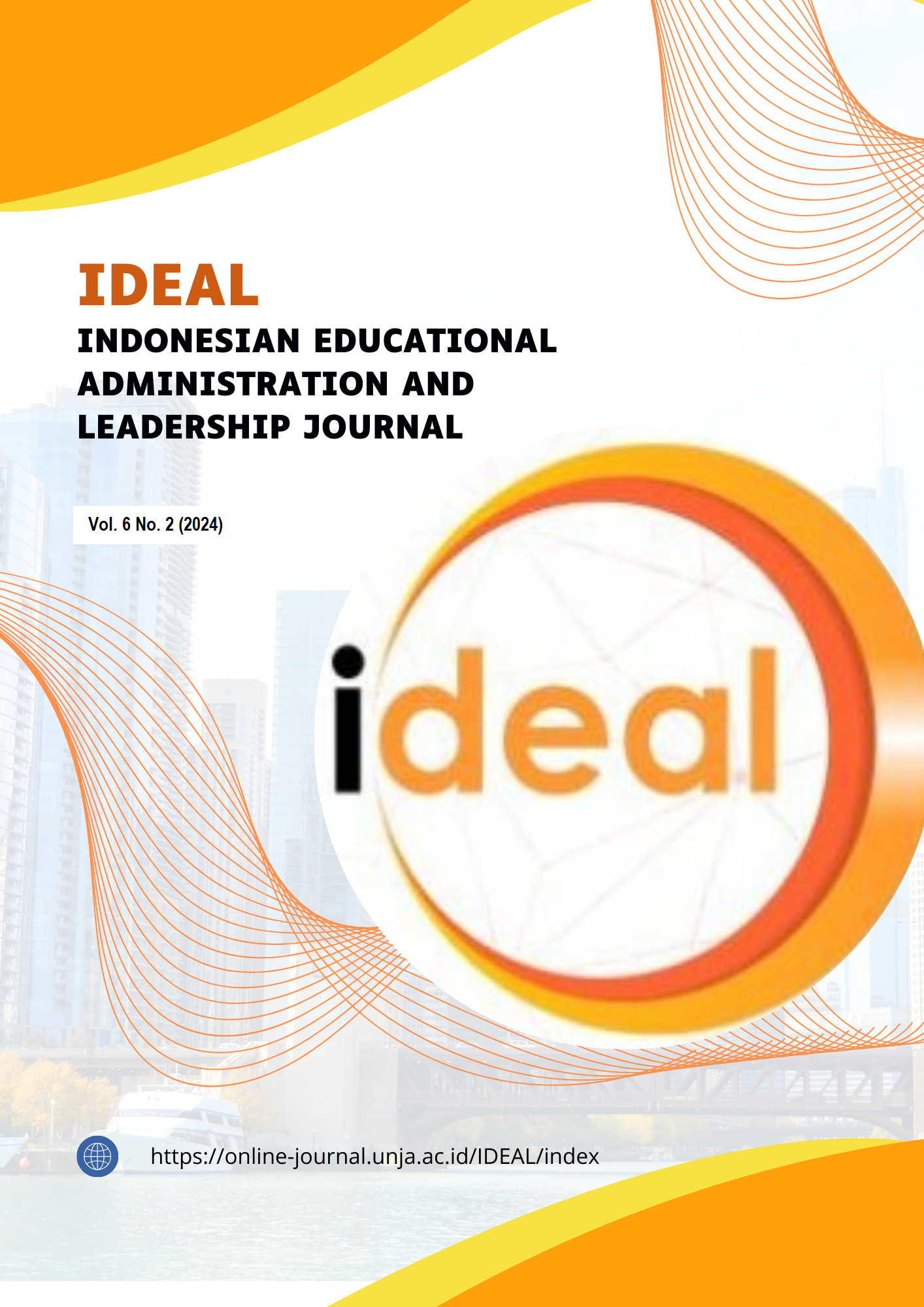Problem Based Learning (PBL) Learning Model to Improve Student Activity and Learning Outcomes in Marketing Management Courses
DOI:
https://doi.org/10.22437/ideal.v6i2.37942Abstract
This study aims to evaluate the application of the Problem Based Learning (PBL) learning model and analyze its impact on increasing student activeness and learning outcomes in the Marketing Management course at the Jambi University Faculty of Economics Management Study Program. This research was conducted in two cycles. Student learning outcomes data are collected through evaluation tests covering Marketing Management material. This research design uses the classroom action research method, which involves four main steps: planning, action, observation, and reflection. The main data collection technique was observation, with instruments in the form of pretest and posttest questions. Data on student learning outcomes were analyzed using descriptive analysis and percentage techniques. The improvement of learning outcomes was assessed by comparing the average test scores from the first and second cycles. The results showed that students in the Marketing Management course had a very varied level of activeness, difficulty in expressing opinions, and lack of effective use of media and learning methods. The application of the Problem Based Learning (PBL) model proved to be an effective solution to overcome the problem of student activeness and the use of limited learning methods and media. After the implementation of the PBL model, there was a significant increase in student activeness compared to conventional learning methods that did not use PBL
Downloads
Downloads
Published
How to Cite
Issue
Section
License
Copyright (c) 2024 Dahmiri, Idham Khalik, Husni Hasbullah

This work is licensed under a Creative Commons Attribution 4.0 International License.







